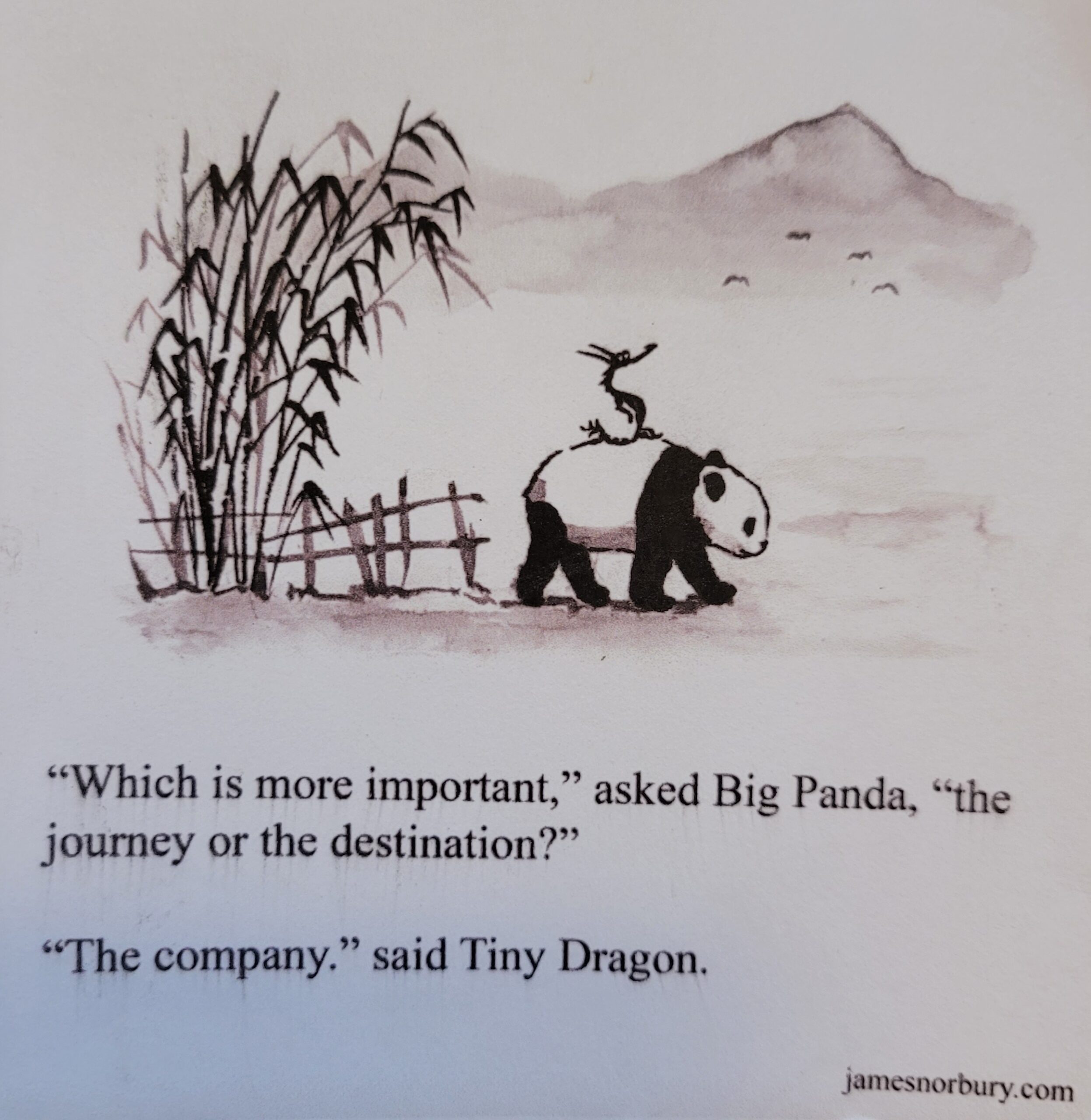Unraveling the Why Behind Human Meanness
Lately, I find myself deeply pondering the phenomena of harshness and unkindness, both between humans and within my own mind (toward myself). I notice wondering why all this cruelty exists and questioning how we, indeed, how I, might possibly transcend the tendency. In the vast tapestry of human experience, cruelty really stands out – as something to be avoided, condemned – and yet, it persists throughout history. Why?
As a meditator, the first point I would offer here is that, while it’s tempting to conceive meanness as something others do, not us, truly, potentials for cruel actions are in everyone, just like every emotional response. Think back to childhood bullies on the playground, or consider the everyday scenarios described by Alex Lickerman in Psychology Today: one snaps sharply at a telemarketer, makes an unkind gesture to a fellow motorist, or berates a customer service representatives who has no authority to deliver the wished for outcome. Sound familiar?
It turns out this way of thinking ‘not me’ when it comes to mean spirited-ness is actually part of what makes it possible to act that way. Cruel behaviors like arise from a cognitive process known as abstraction. Philosopher Gabriel Marcel aptly noted:
“As soon as we accord to any category, isolated from all other categories, an arbitrary primacy, we are victims of the spirit of abstraction.”
This lightening fast mental process called the ‘spirit of abstraction’ simplifies complex experiences into abstract concepts, enabling even generally loving humans to mindlessly justify mean behavior. While largely unconscious of our own feelings, vocal tones, and moods and gestures, we dehumanize our fellows whenever we perceive them as a cause of our frustrations, and then we treat them poorly. Perhaps this is why ordinary incidents of cruelty mentioned above are so common.
How Practice Can Help
What if we paused to truly see others as human beings, just like ourselves?
Practicing mindfulness and cultivating lovingkindness helps us break free from the grip of abstraction. When we pay close attention to our experiences, we begin to recognize the interconnections among all beings. Even simple acts like mindfully eating a raisin, a classic exercise from Mindfulness Based Stress Reduction, can awaken a profound awareness of the web of relationships we inhabit.
And, as we become more attuned to our thoughts and actions, we begin to notice the various ways in which the ‘spirit of abstraction’ directs cruelty:
- Toward ourselves
- Toward individuals we don’t know
- Toward those closest to us
- Toward entire groups, especially when they have differing appearances and/or views than we do
Awareness is the first step, and it is onward leading. While many meditators start their daily practice seeking a calm oasis, meditation also provides a way to grow beyond the hurtful behaviors that difficult emotions, absent awareness, can create.
Here are three meditative approaches that, when practiced regularly over time, powerfully reshape the unconscious capacity for meanness and shift the whole inner landscape towards wisdom and care that can then be shared:
See the Inner Critic Clearly
Many mediators begin the process of uprooting meanness without even thinking of it that way – by noticing the inner critic. The voice of self-judgment that often fuels cruelty towards ourselves isn’t really so different than the harshness we may (perhaps unconsciously) direct outward. By shining a light on self-judgement and cultivating self-compassion, we start to unravel the roots of cruelty within us. Remembering that the inner critic is just a series of thoughts most – maybe all – of which are simply untrue can be empowering in efforts to move past meanness.
Feel Your Body
Our bodies have a way of knowing experience that precedes the emotions and thoughts we naturally create from sensory information. When we practice mindfulness of the body in our sittings, or through mindful movements like gentle yoga or walking meditation, we strengthen kinesthetic awareness. This turns out to be a transferable skill we can use to learn how the impulse towards meanness feels to us. Is it tight or hot or heavy? Generally, it doesn’t feel great and recognizing that can start to make room for letting it go.
Practice Listening and Speaking with Awareness and Compassion
It can also be enormously powerful to begin noticing when we are seeing another person as just their role, or not seeing them at all. Whenever that is happening, if that person bothers us in any way, we are ripe for externalizing meanness toward them. So, make an informal mindfulness practice of communication. Notice your tone of voice when you are disagreeing with your spouse or your kid, or when you are annoyed with the next telemarketer whose call you accidentally take. Listen to what the person talking to you says and how they say it. The deeper understanding that emerges can help so much.
The image above is a picture I took with my phone of a card I keep hanging on the computer monitor in my office. A friend of mine gave it to me. It reminds me that being good company – to myself, my loved ones and the many strangers I meet – matters and is doable, even when conditioning or circumstances make it seem unlikely. Feel welcome to join one of our weekly meditation or mindful movement sessions any time you need a reminder or support for your own daily practice.

